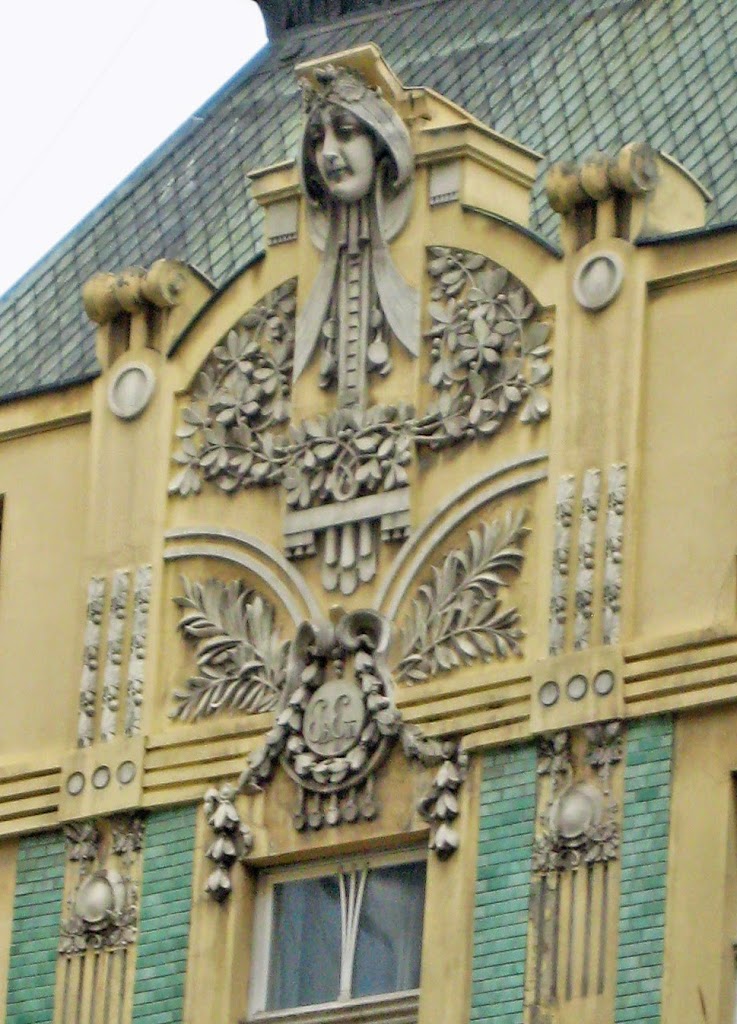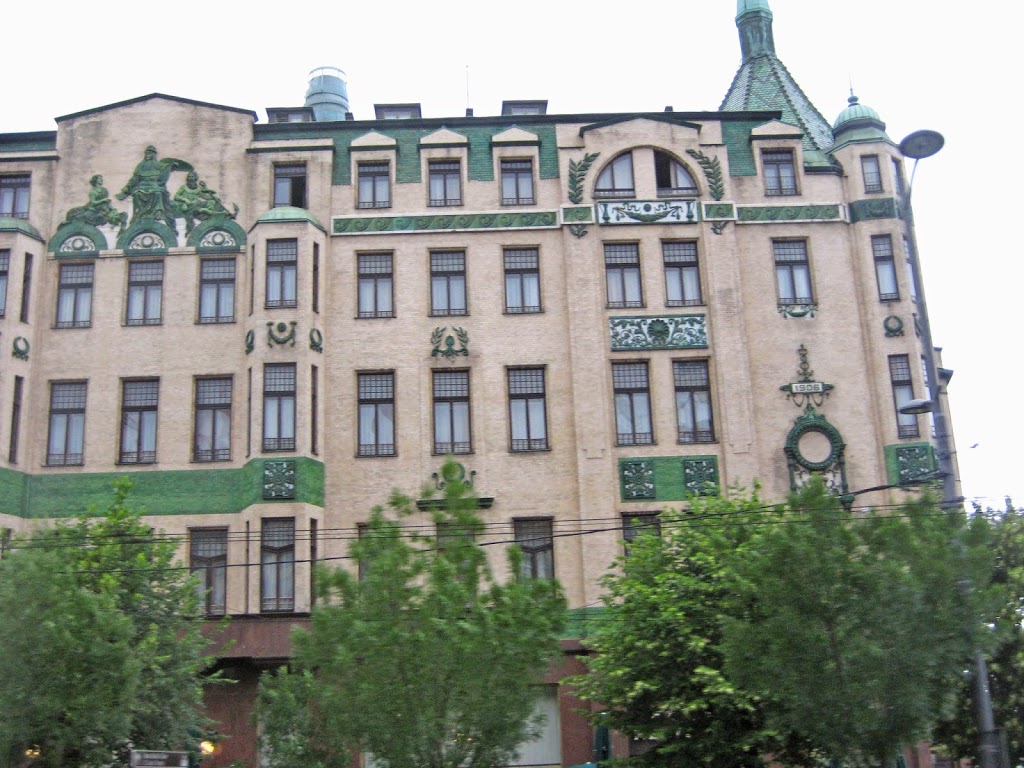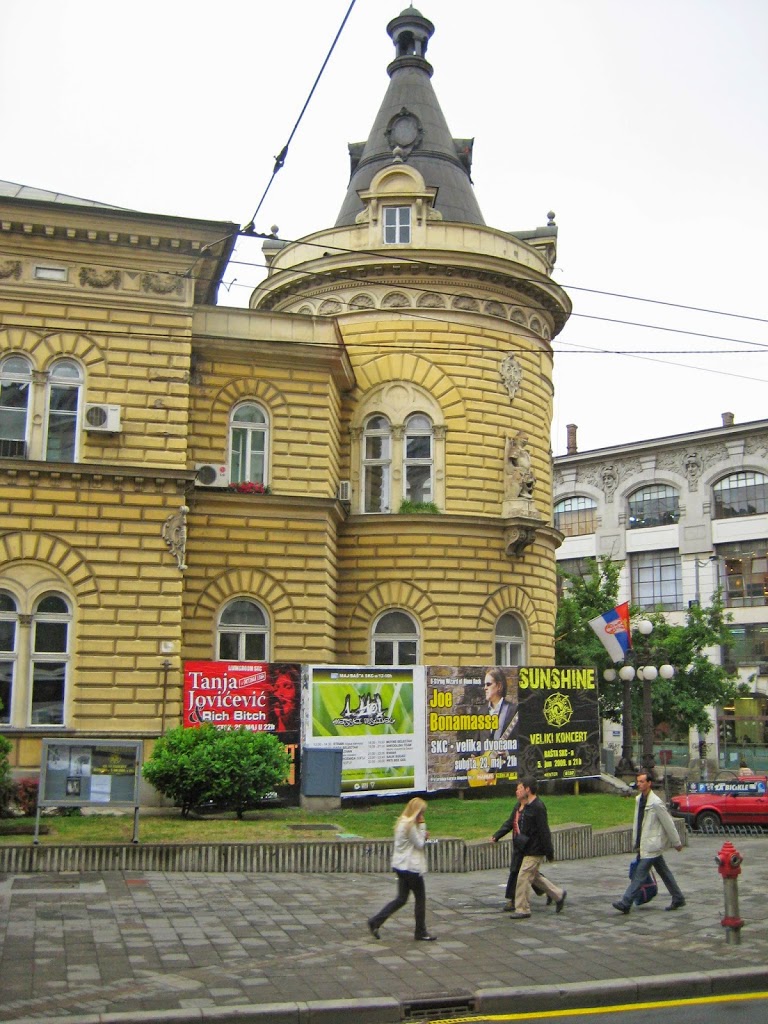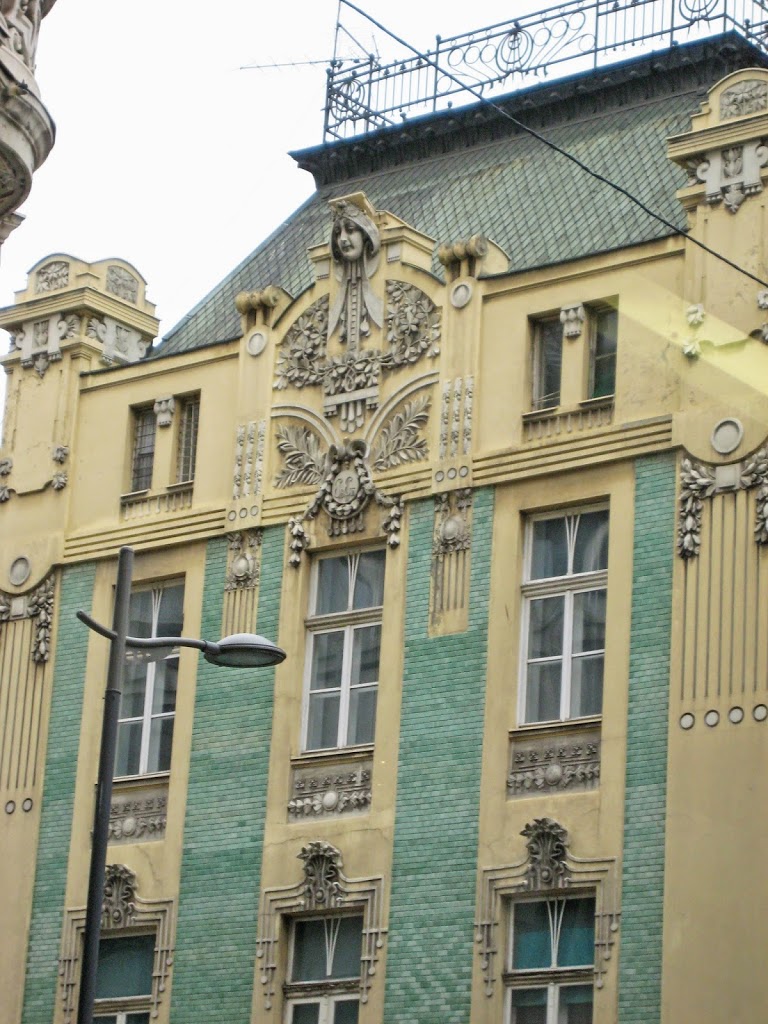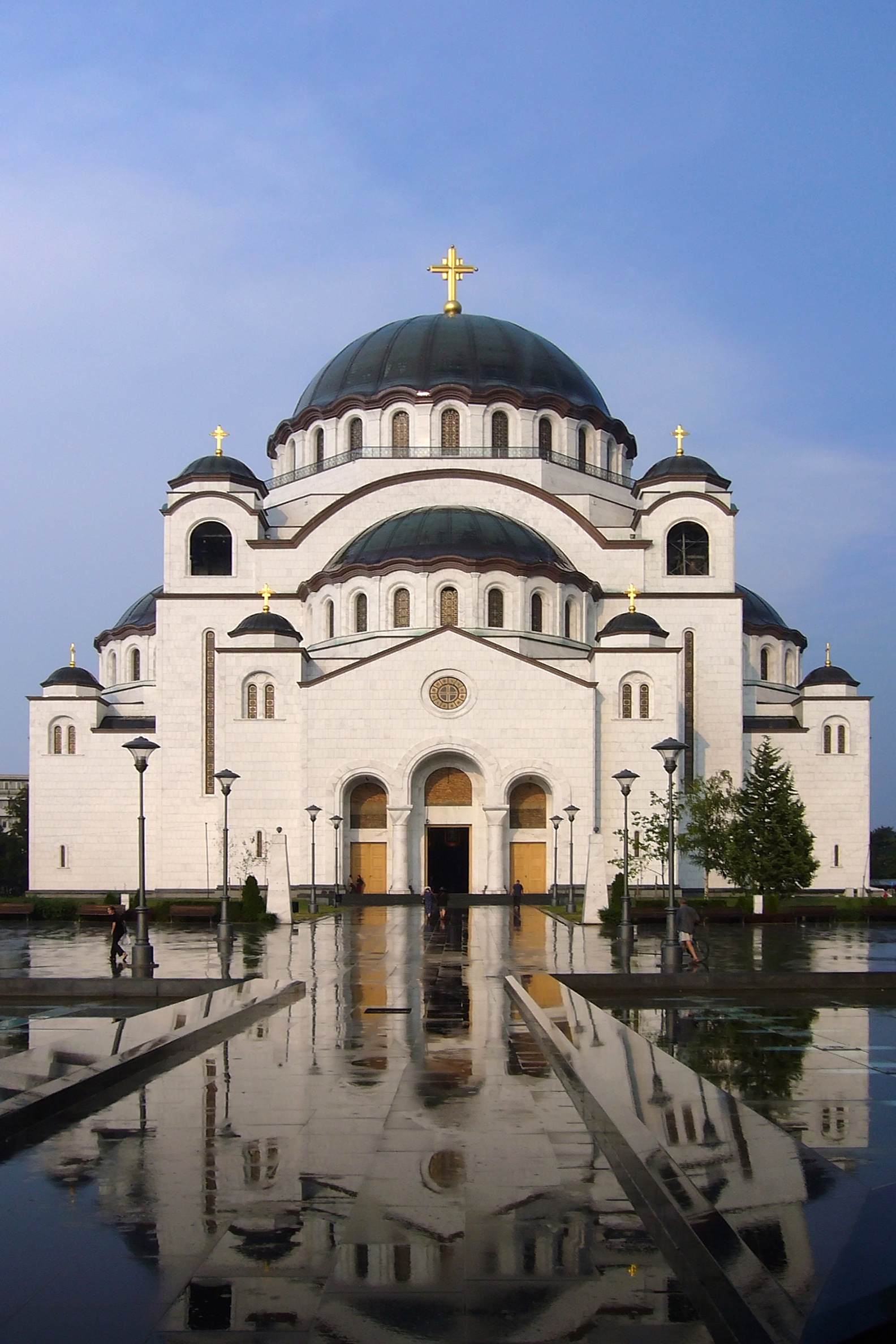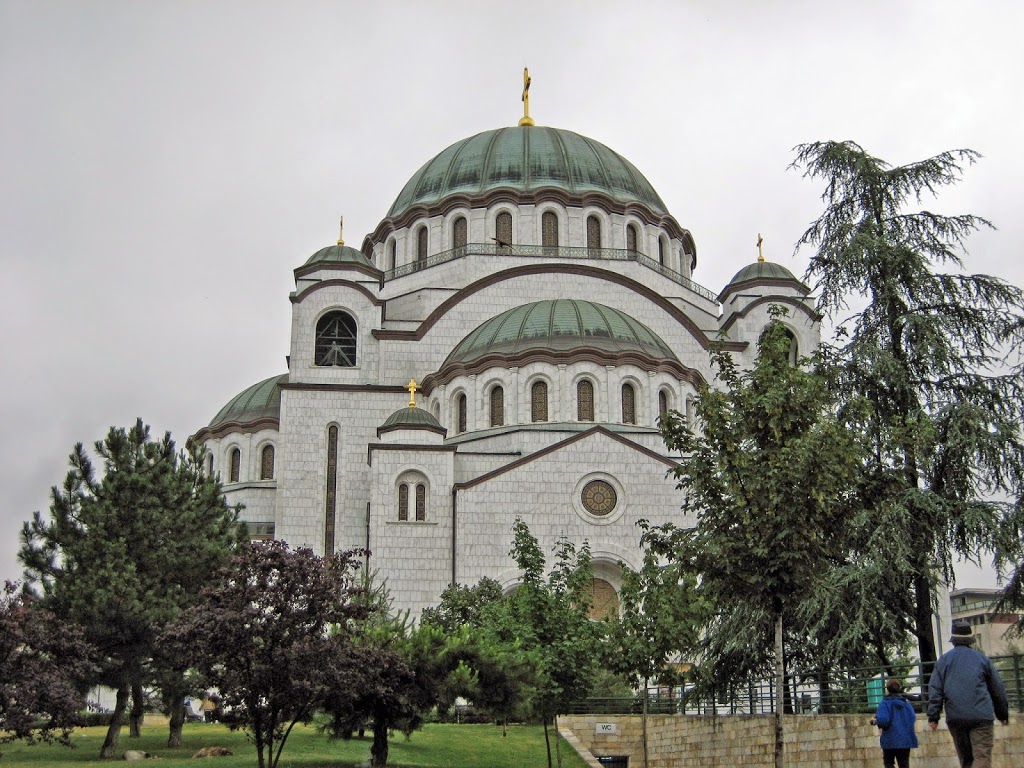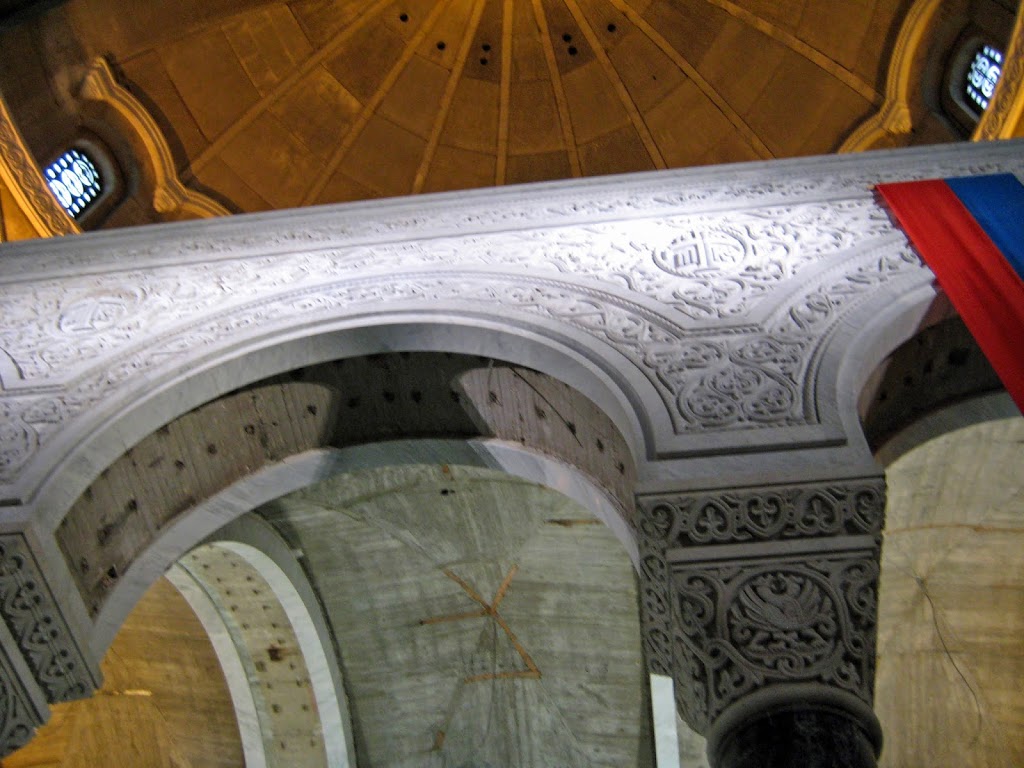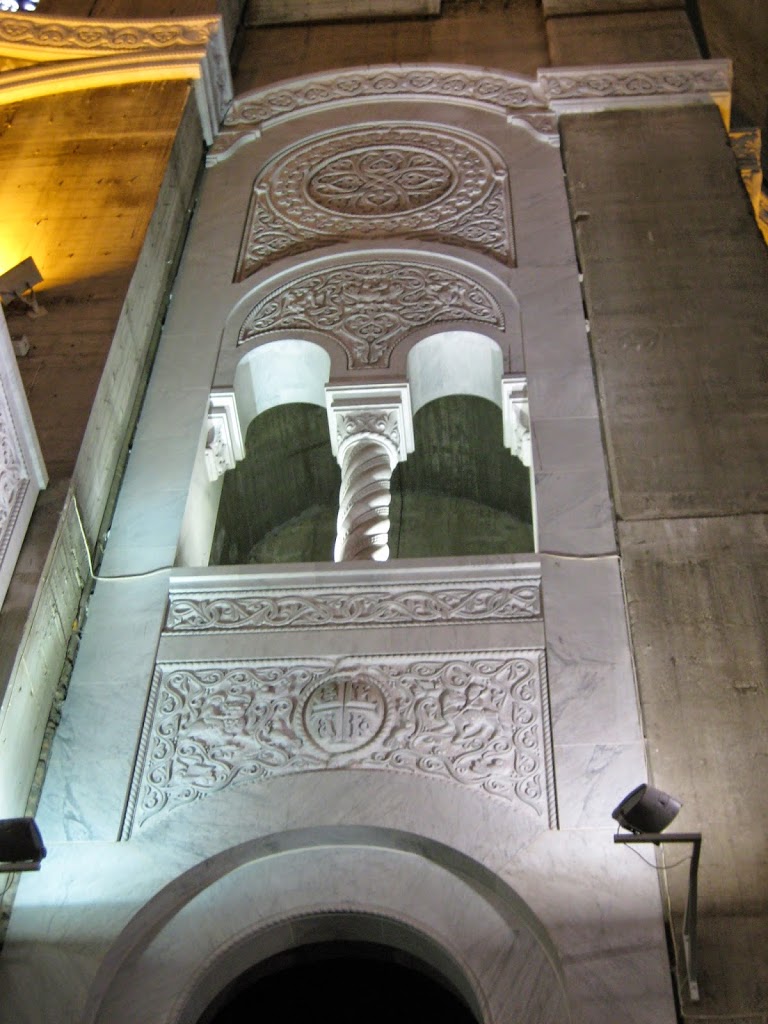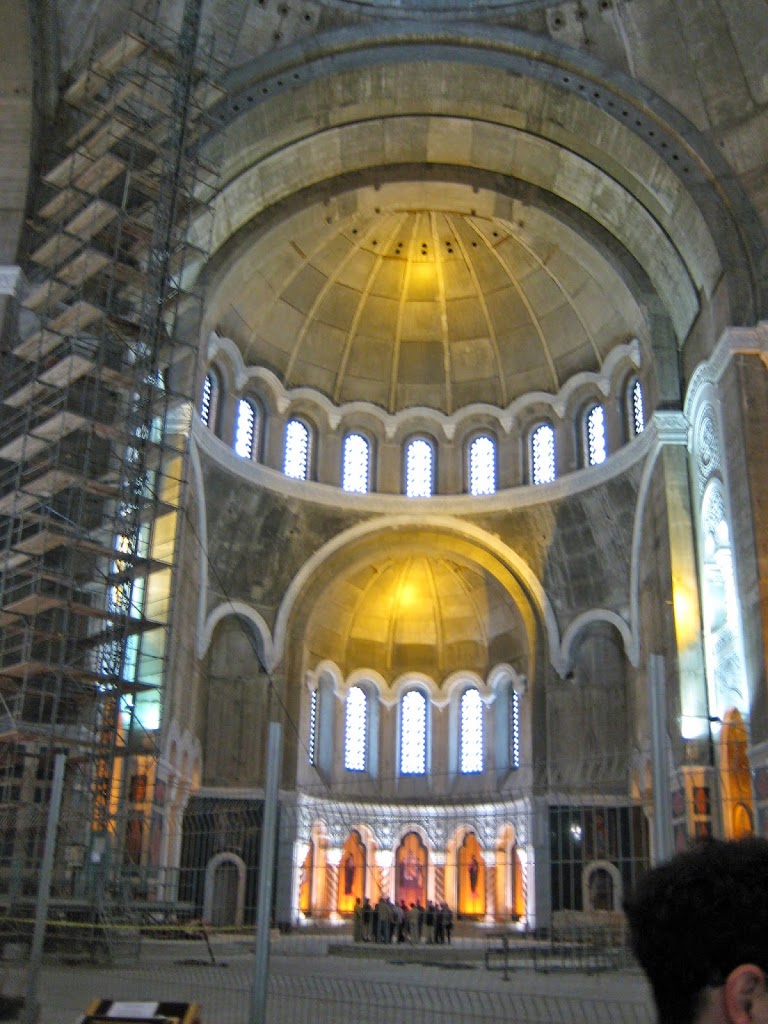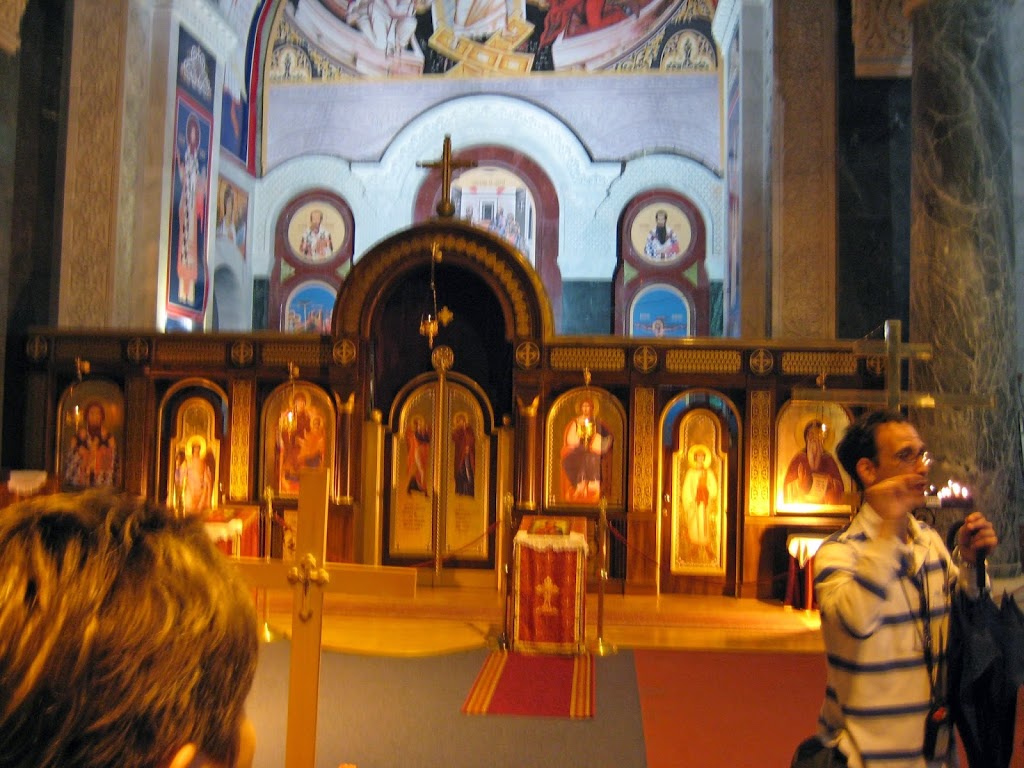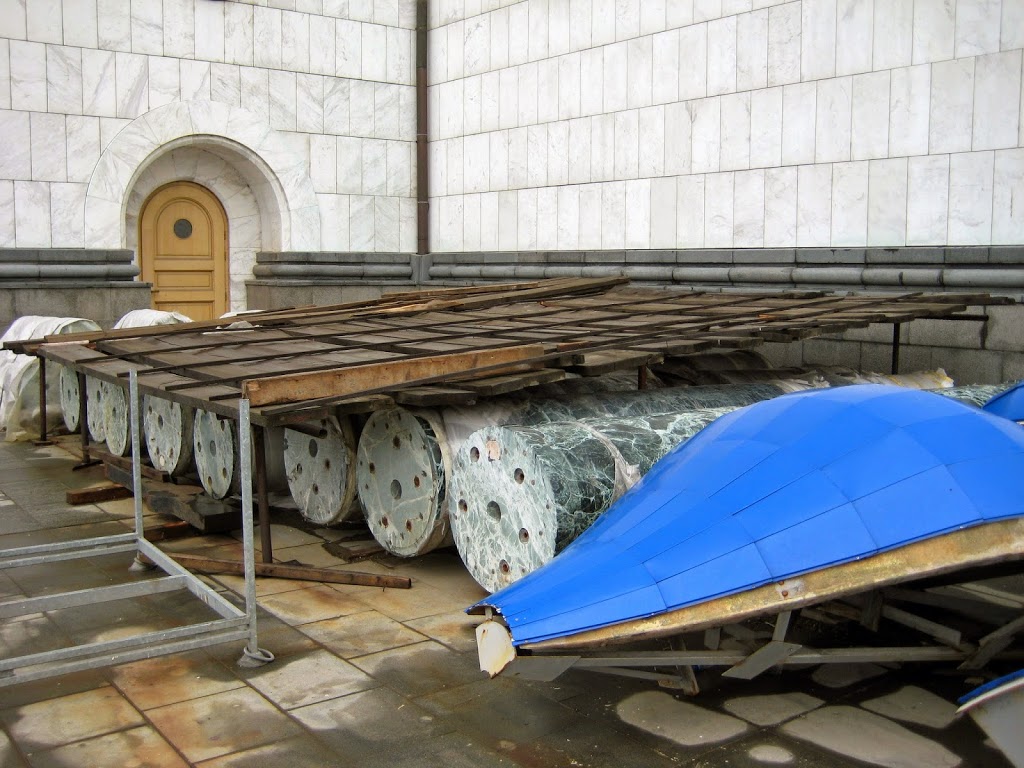April 01, 2014
Here's another post from our Danube cruise from Budapest to Bucharest.
Belgrade, Serbia is one of the oldest European cities and has been a crossroad for traffic between Eastern and Western Europe since ancient times. Today about 1.6 million people call it home.
The architecture of its buildings reflect this confluence. When we were visiting we had gray skies so I especially loved the color used on some of their more interesting buildings.
Hotel Moskva
Did you know that Belgrade played a pivotal part in the history of the Western world? The fate of Christendom was likely determined in the summer of 1456 in the siege of Belgrade by the Turks (Ottoman Empire.) The rise of the peasants in Hungary and Germany helped defend Belgrade against the Turks. The Hungarian General Hunyadi led them to victory and has been honored since 1456 by the Catholic Church throughout the world by the ringing of the church bells at noon each day.
In 2009 when we visited Belgrade the predominantly Orthodox Christian population was in the process of building the Church of Saint Sava. It is the largest Orthodox church in the world and ranks in the top 10 of the world's largest churches.
Saint Sava, Belgrade, Serbia(from Wikipedia)
The massive openness and roundness of the interior as well as the artwork reminded me very much of the mosques we saw in Istanbul. I was unable to get a good picture to show that, but here's some of the interior.
Marble pillars waiting to be erected.
Next stop Bulgaria!

